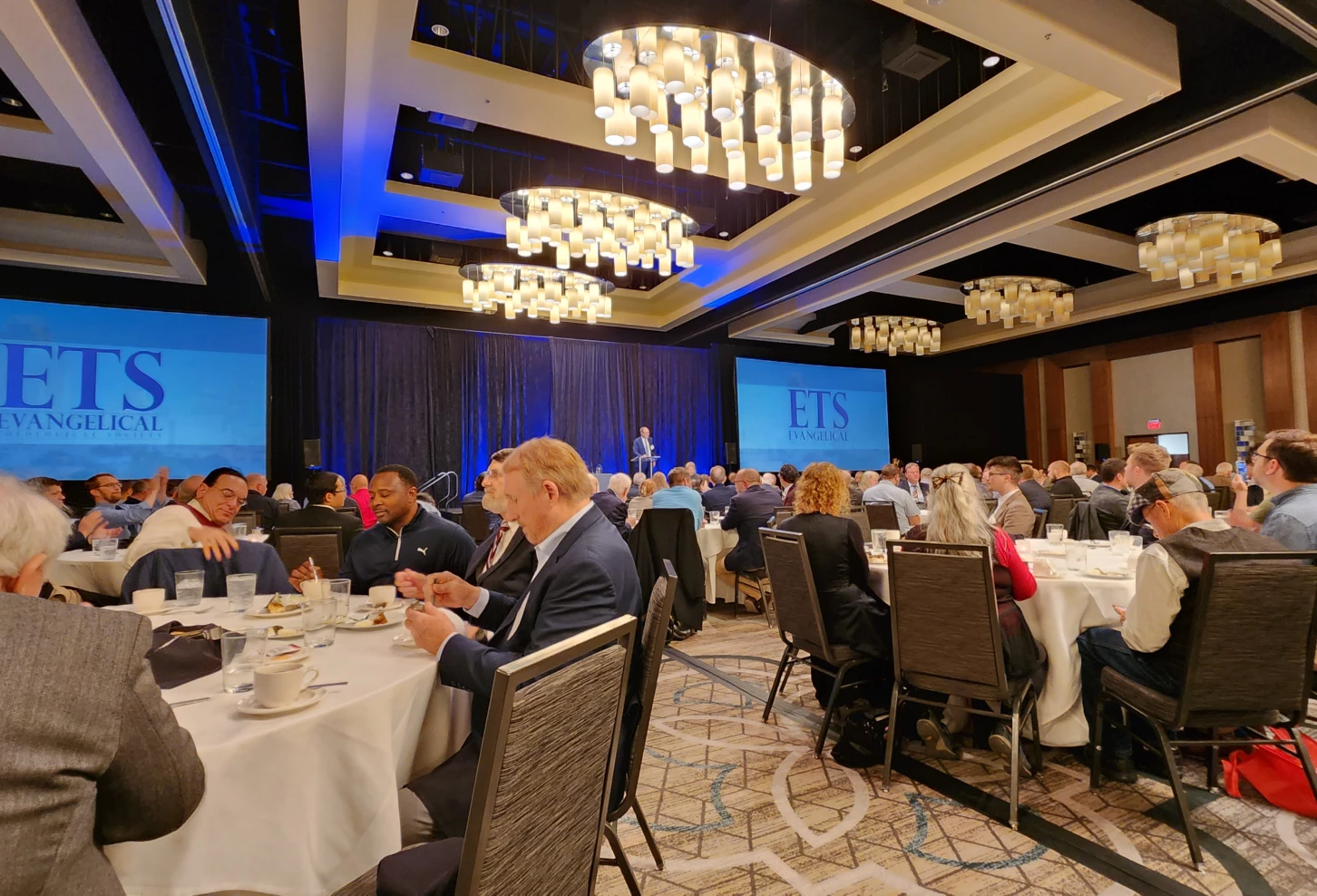In November 2023, I was privileged to attend and present at the Evangelical Theological Society (ETS) in San Antonio, Texas, USA. This was my second presentation at ETS. I presented a paper titled “In the Vast and Dreadful Wilderness: God’s Testing of Israel.” I had previously presented this paper at the Tyndale Fellowship in the summer of 2023.
My paper explores various wilderness episodes in the Pentateuch, Exodus 15:22—Numbers 22:1. The pre-Sinai wilderness complaint episodes are Exodus 15:22—27, 16:1-36, and 17:1-7. They feature the Israelites’ complaints about legitimate needs, and God responds without punishment. The Hebrew term nsh [to test] in these episodes indicates that God was testing the Israelites to instruct and discipline them, which can be conceived as training. The majority of the post-Sinai complaint episodes (Numbers 11:1—3, 4—35; 12:1—16; 14:1—45; 16:1—50; 20:1—13; 21:4—8) feature illegitimate complaints, leading to divine punishment because the people’s complaints were not based on genuine needs.
In Numbers 14, the exodus generation complains and refuses to enter the promised land. God decrees that no one over twenty years of age except Caleb and Joshua would enter the promised land. The children of the exodus generation would wander in the wilderness for forty years until their parents died.
Numbers 20:1—13 is a significant transitional episode as it shifts focus from the exodus generation to the second generation. Although the people display impatience and a desire to be in Egypt, their primary complaint is that there is no water, which is a legitimate need. God was testing the second generation’s obedience and training them to obey him before they renewed the covenant and entered the promised land.
After presenting my paper, I received helpful questions and encouraging comments on how to continue to improve it. This paper is intimately related to my thesis topic, so the feedback I received will be immensely helpful to my research and writing.
ETS is not merely a time for academic presentations and discussions but also a time of networking and connecting with new and old friends. It is always a joy to reconnect with former professors and classmates to learn about what they are currently researching, writing, and teaching. I also appreciated the time I spent connecting with other female scholars at the annual ETS Women’s Networking event.
Like other conferences, ETS is a wonderful place to connect with publishing representatives and peruse the latest publications. One of the elements of ETS that I appreciate most is the annual banquet and keynote presentation from the current ETS president. This banquet is a time to come together as the body of Christ to commune with one another and regain a sense of vision and purpose as we all seek to grow deeper in our knowledge of God and his Word and how to apply it. I am grateful for the mission and values of ETS and that its leadership continues to foster serious scholarship and an authentic Christian community.
Anna Rask Emison (PhD student at Union Theological College)

